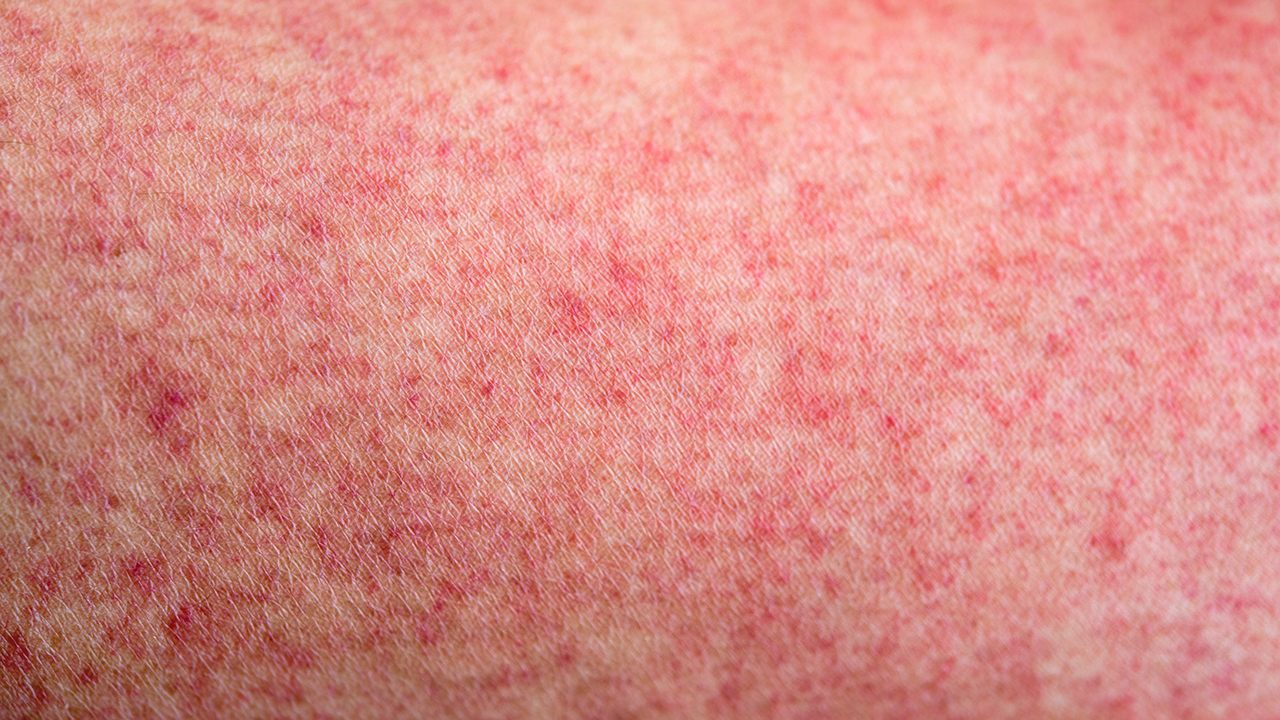ATLANTA, GA — Measles, a highly contagious and potentially deadly disease that was all but wiped out in the United States nine years ago, has climbed to its highest level in 25 years at around 700 cases so far in 2019. Federal and state health officials say the resurgence of the disease is tied to misinformation that is turning parents against vaccines. In Georgia, there are six confirmed cases of the measles.
Three new cases of measles were confirmed in Georgia on April 25, in addition to three cases reported in January 2019, state health officials say. The infected patients are family members who were all unvaccinated, according to the Georgia Department of Public Health. No deaths have been reported from the Georgia outbreak.
Measles spread quickly from person to person through coughing and sneezing. Symptoms start with fever, runny nose, cough, red eyes and sore throat. Then a rash spreads over the body. Complications are more common in children younger than age 5 and adults over 20, and include ear infections, diarrhea, pneumonia, encephalitis (brain swelling) and death.
To prevent measles and other viruses the health department urges Georgians to:
- Vaccinate your children. Georgia requires immunization from measles and other viruses for child care and school attendance.
- Contact the Georgia Registry of Immunization Transactions and Services, or GRITS, at 1-888-523-8076 to obtain vaccination records if you are uncertain if you have been vaccinated. Anyone who has never received the measles vaccination should become immunized.
- Be aware of immunization schedules. Certain vaccinations are only needed once or twice, like the measles vaccination. Others may be needed more often, like an annual flu shot. Know when and how often you and your family should be vaccinated.
- Make sure you are protected when you travel. Different places handle viruses and immunizations differently.
- Get vaccinated during pregnancy. Vaccines during pregnancy for whooping cough, flu and others are beneficial.
- Keep unvaccinated children at home during viral outbreaks. If a viral outbreak occurs, and your child is not vaccinated, do not take them to school, or they will become infected.
- Talk with your child’s health care provider about your immunization concerns. A lot has been said about immunizations. If you have questions, talk with your health care provider.
If you or a family member becomes infected with measles, avoid public places until about four days after the onset of the rash. Call your doctor before visiting a clinic, so they may take precautions to prevent the spread of measles.
Read the rest on Patch.



